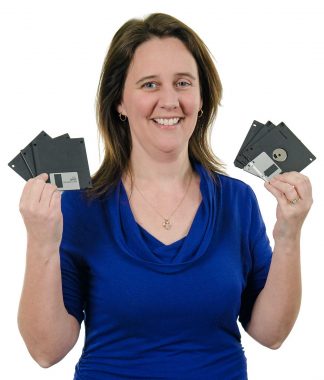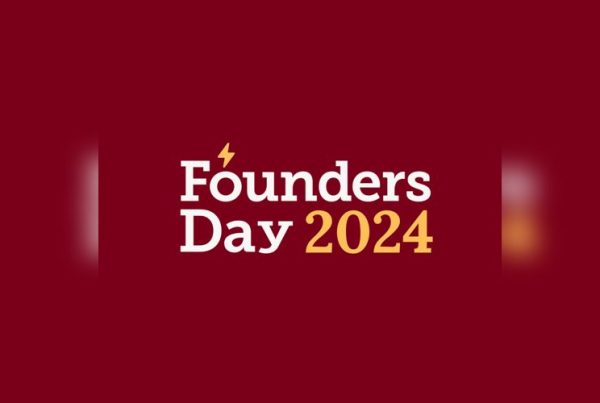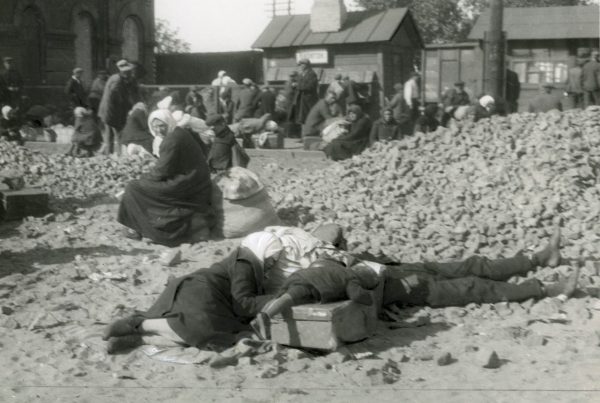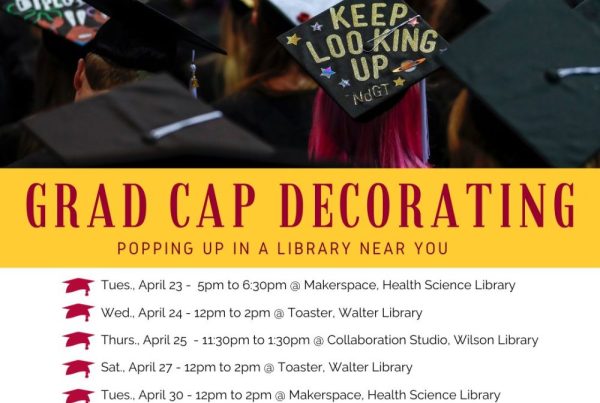By Allison Campbell-Jensen
Digital Preservation Analyst Carol Kussmann brought her skills and experience to an international team that won a brand-new award from the Digital Preservation Coalition: The International Council of Archives Award for Collaboration and Co-operation.
The award was presented to the National Digital Stewardship Alliance (NDSA) Levels of Digital Preservation 2.0 team on World Digital Preservation Day, Nov. 5.
The effort began in 2018, when the NDSA, a consortium of 240 organizations, called for revamping the Levels of Digital Preservation. The first Levels had been created in 2013 and needed an update. Levels are laid out in a grid of functions — such as storage, integrity, and metadata — with descriptions of activities in generally increasing levels of difficulty.
Planning
Kussmann was on the NDSA Levels of Preservation Steering Committee when the call went out to member organizations to recruit people who might be interested in working on the Levels revision. More than 125 people responded, which created some concern, she says: “How do we manage that many people working on a project?”
They decided to divide into five subgroups. “Terminology [within the Levels] needed to be updated, the levels should progress from easiest to most difficult, which they weren’t necessarily before,” Kussmann says. “We wanted to see how people had used them in the past — and what needed to be changed.”
In the end, about 45 people were actively involved in the work, from four countries: The United States, the United Kingdom, Canada, and Turkey. Arranging meetings across time zones was challenging, yet the work of three of the sub-groups was completed in time to apply for the award.
Assessment
Kussmann became co-chair of the Levels of Digital Preservation Assessment sub-group. “Our group scoured the internet,” she says, and found that the Levels were most often used to assess an organization’s digital preservation practices. They also discovered that the U.K. National Archives were using the Levels as part of their accreditation process. Kussmann’s group developed an assessment toolkit that they have shared.
The toolkit is basically an Excel template that offers color-coded heat mapping, she says. “If you do [an item on the list], enter a 2; if you have started another, enter a 1; and if you haven’t started yet, enter a zero.” The map shows an organization where it is doing well and where it could focus future digital preservation efforts.
Connecting to the NDSA
The Levels have been translated from English into Spanish, French, and Turkish. “Now it’s an ongoing project,” Kussmann says. “Hopefully, there won’t be five years between revisions.”
She serves in a NDSA leadership position, as co-chair of Communications and Publications, and also has joined (and co-chaired) several working groups, because she likes to see her efforts result in a product. The connections with NDSA have been helpful to her, she says, as she has a place to go with questions. And the collaborative work on Levels has opened her mind to different opinions, concerns, and amounts of involvement, which aids her work in the Libraries.
The Levels, she notes, are a framework based on the technological aspects of preservation. “One of the critiques of it is that it doesn’t include access, which is an important part of digital preservation as a whole,” Kussmann says. “But another group took that on and won a different award for their work on access.”
So the awards are part of moving digital preservation forward. As is, she says, regularly assessing the state of one’s digital collections. Kussmann says: “You can’t put it on a shelf and forget about it.”





